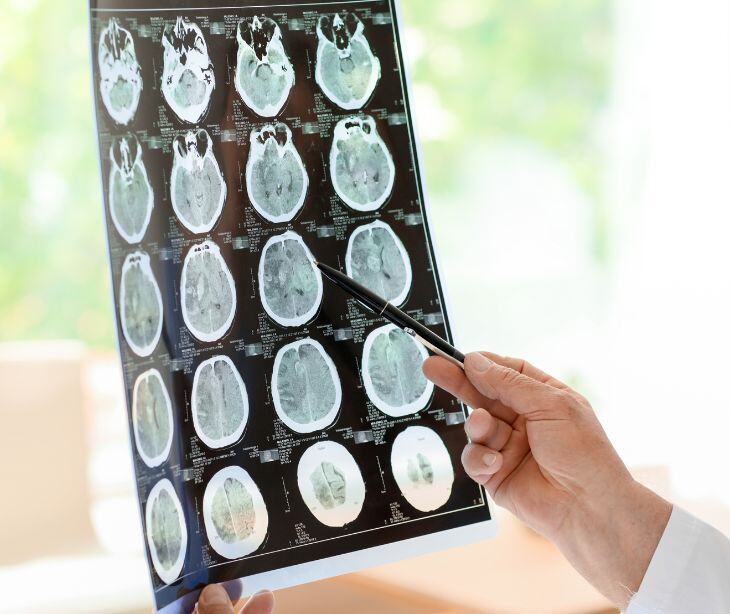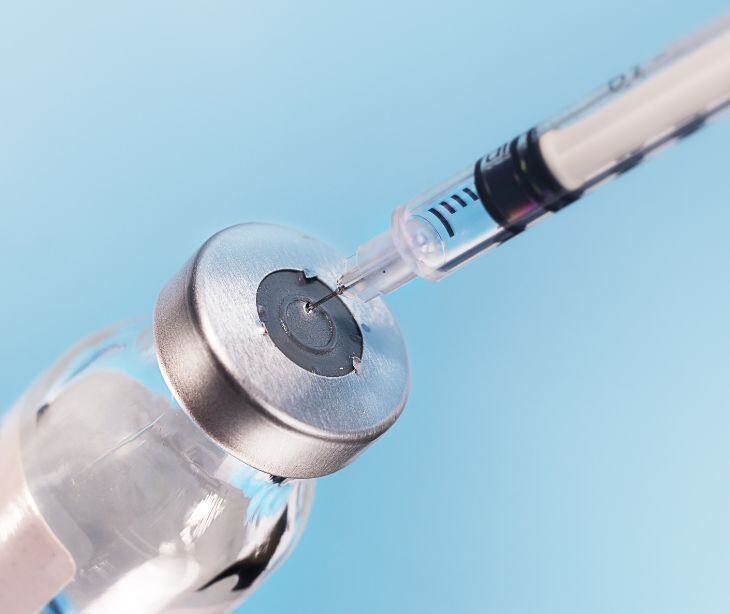
Concussion treatment often has the unexpected consequence of long-term mental health effects. Patients in these cases often require psychological treatment for the management of symptoms ranging from moderate to severe. A large part of this treatment revolves around talk therapy, a form of care that benefits immensely from secure secondary forms of communication like HIPAA compliant email.
The considerations in the psychological aspect of concussion care
Concussions are often accompanied by mental health challenges like anxiety and depression, These psychological symptoms may arise from the injury itself or external factors like the traumatic nature of the injury. Addressing mental health issues involves treatment that goes beyond just managing the physical symptoms and also focuses on the emotional and cognitive recovery of the patient.
According to a study published in Monitor on Psychology’s 2024 edition, “Psychologists play a role in assessing symptoms and healing progress and can treat both emotional and cognitive symptoms during the recovery period. They can also educate individuals about the good news on concussions... that with assessment and targeted treatments in the first days after injury, most people recover fully within a few weeks.”
Psychologically, concussion treatment requires a careful balance of validating the patient's symptoms. The focus remains on reducing the burden of symptoms like anxiety about not recovering or the possibility of long-term damage. Clear communication helps to dispel myths and misunderstandings about concussions, like the misconception that it always causes long-term brain damage. Through communication with patients and other healthcare providers, mental health professionals can educate themselves and share accurate information in valuable content.
The uses of HIPAA compliant email in care
- HIPAA compliant email can be used to communicate patient information with specialists to make sure care is coordinated effectively without compromising privacy.
- Patients can receive and respond to authorization forms or consent for treatment.
- Healthcare providers can send appointment details and reminders to patients while ensuring the transmission details are secure.
- Organizations can send medical records to other professionals or institutions.
- Insurance claims, billing information, and other financial communications can be securely shared with patients and insurance companies.
- Test results, including lab reports or diagnostic imaging findings, can be securely emailed to patients.
Best practices for the use of email in healthcare
- Use HIPAA compliant email systems: Make sure to use HIPAA compliant email platforms like Paubox that support encryption for both transmission and storage of protected health information (PHI).
- Restrict access to email accounts: Limit access to email accounts that contain PHI to authorized personnel only.
- Use clear email policies: Develop and enforce policies that outline acceptable use, business associate agreements, and secure communication standards for staff.
- Verify the recipient's information: Always double-check the email addresses of the recipients to prevent PHI from being sent to the wrong person.
- Use the subject line with caution: Avoid including PHI such as patient names or health conditions in the subject line of emails.
- Make use of email monitoring: Software like user behavior analytics allows for the monitoring and analysis of user activity within an organization's network (including email) to detect any unusual activity that could warrant unauthorized access.
Related: Top HIPAA compliant email services
FAQs
Why is HIPAA compliant email such an effective medium for collaborative care?
HIPAA compliant email allows healthcare providers to securely share PHI while allowing for privacy.
When can caregivers access patient records?
Caregivers can access patient records only when they give a legitimate reason related to patient care.
Can entire EHRs be shared between treating physicians even if all patient history is unnecessary?
No, only the minimum necessary information should be shared when collaborating on patient care.
Subscribe to Paubox Weekly
Every Friday we'll bring you the most important news from Paubox. Our aim is to make you smarter, faster.



